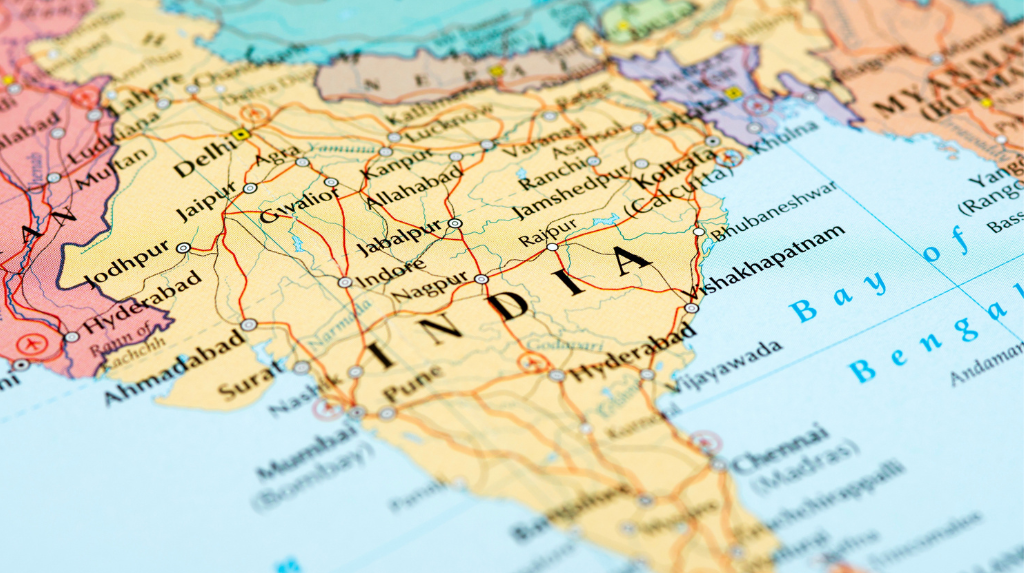If you have recently faced a visa refusal for India, it can be a disheartening and confusing experience. However, it’s important to remember that there are avenues for appeal and recourse available to you. In this comprehensive guide, we will walk you through the process of appealing after a visa refusal for India. Whether you’re a tourist, student, or business traveler, understanding the steps involved in the appeal process is crucial. So, let’s dive in and explore the various aspects of appealing after India visa refusal.
Reasons for Visa Refusal
Before we delve into the appeal process, it’s essential to understand some common reasons why visas are refused. By familiarizing yourself with these factors, you can address any potential concerns in your appeal:
- Incomplete or incorrect documentation
- Lack of financial evidence
- Failure to meet health and character requirements
- Inconsistencies in the application
- Previous visa breaches or overstays
- Insufficient ties to the home country
How do I appeal after India visa refusal?
If your visa application for India has been refused, you have the option to appeal the decision. The appeal process involves submitting an appeal letter and supporting documents to the appropriate authorities. Here’s a step-by-step guide on how to proceed with your appeal:
Review the refusal notice: Carefully go through the refusal notice provided by the Indian embassy or consulate. This notice will outline the reasons for the refusal, allowing you to address them in your appeal.
Understand the time frame: Take note of the deadline for submitting your appeal. Missing the deadline can result in your appeal being rejected outright.
Consult an immigration lawyer: Consider seeking professional assistance from an experienced immigration lawyer. They can guide you through the appeal process, help you gather the necessary documents, and provide valuable advice.
Prepare your appeal letter: Craft a well-structured appeal letter that addresses the reasons for refusal. Be concise, clear, and provide supporting evidence where necessary. It’s important to remain respectful and professional throughout the letter.
Gather supporting documents: Collect all relevant documents that strengthen your case. This may include financial records, employment letters, educational certificates, and any other documentation that supports the legitimacy of your visit to India.
Submit your appeal: Once your appeal letter and supporting documents are prepared, submit them to the appropriate authority. This could be the Indian embassy, consulate, or the specific visa processing center, depending on the instructions provided in the refusal notice.
Follow up: After submitting your appeal, it’s essential to keep track of its progress. Follow up with the relevant authority to ensure that your appeal is being processed and that no additional information or documentation is required.
Remember, the appeal process can take time, so it’s important to be patient. While waiting for a response, explore alternative travel plans and stay updated on the latest visa regulations.
FAQs about appealing after India visa refusal
Here are some frequently asked questions about appealing after a visa refusal for India:
Can I appeal the decision if my visa was refused on health grounds?
Yes, you can appeal the decision. Ensure that you provide detailed medical documentation and explanations to address any health concerns.
Is it necessary to hire an immigration lawyer for the appeal?
While it’s not mandatory, hiring an immigration lawyer can significantly increase your chances of a successful appeal. They have expertise in navigating the complex immigration system and can provide valuable guidance.
Can I apply for a different type of visa instead of appealing?
Yes, depending on your circumstances, you may consider applying for a different type of visa that better suits your purpose of travel. Consult an immigration lawyer to explore your options.
What if my appeal is rejected? Can I reapply?
If your appeal is rejected, you may have the option to reapply. However, it’s crucial to address the reasons for the initial refusal and provide additional supporting documents to strengthen your case.
How long does the appeal process take?
The duration of the appeal process can vary. It may take several weeks or even months to receive a response. It’s important to be patient and follow up if necessary.
Are there any additional fees for the appeal?
Some visa categories may require an additional fee for the appeal process. Check the specific requirements outlined in the refusal notice or consult an immigration lawyer for clarification.
Facing a visa refusal can be a challenging experience, but it’s important to remember that the appeal process offers a chance to rectify the decision. By understanding the reasons for refusal, preparing a strong appeal, and seeking professional guidance, you can increase your chances of a successful outcome. Remember to be patient throughout the process and explore alternative travel options if needed.
Do you need assistance with your Indian visa appeal?
Contact our team of skilled immigration lawyers to discuss your visa and immigration needs.
Call us on +234 812 5505 986 or WhatsApp us at +234 818 1547 085 for immediate assistance with your situation. We are available to assist you in person, over the phone, or online.





